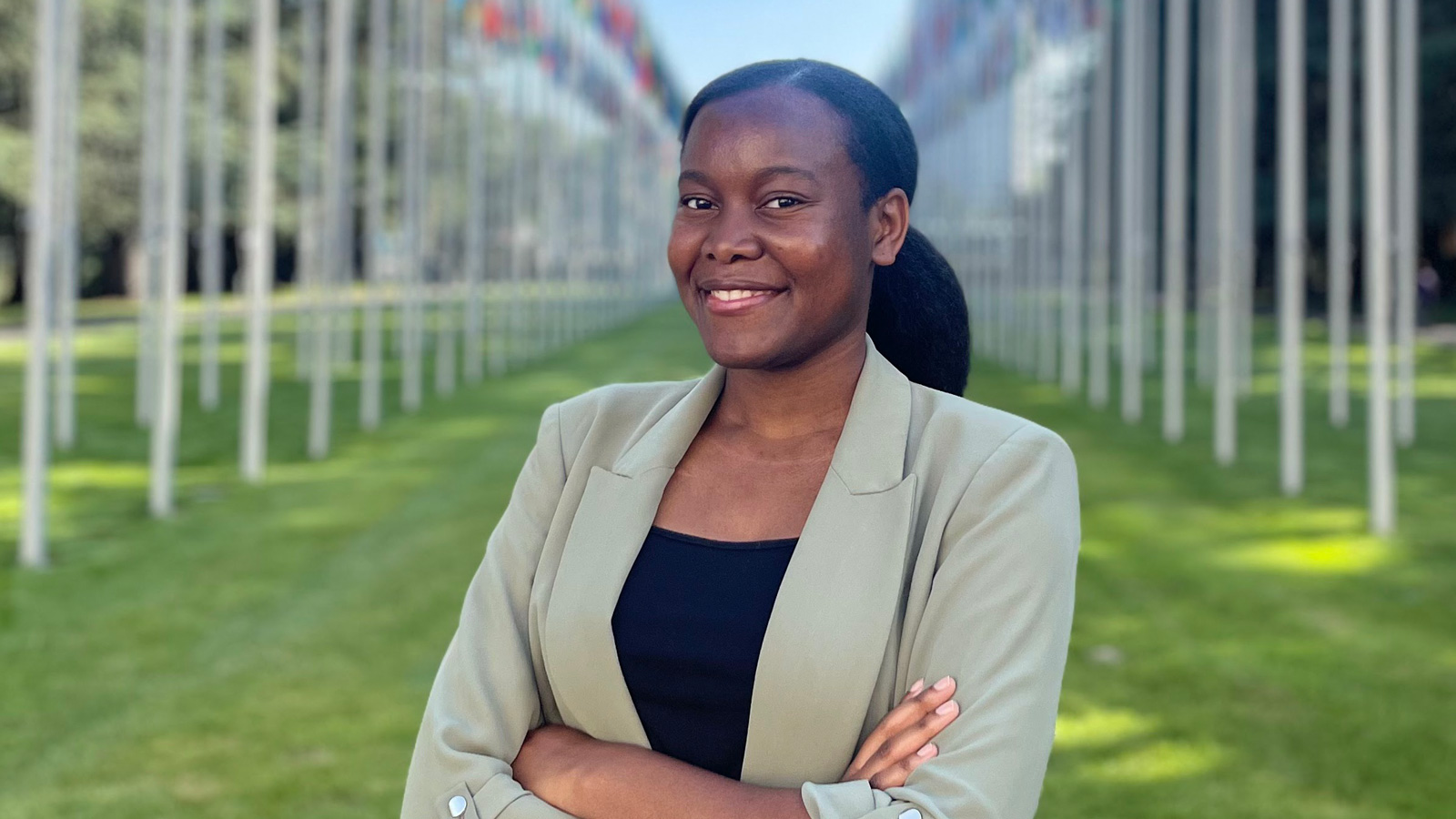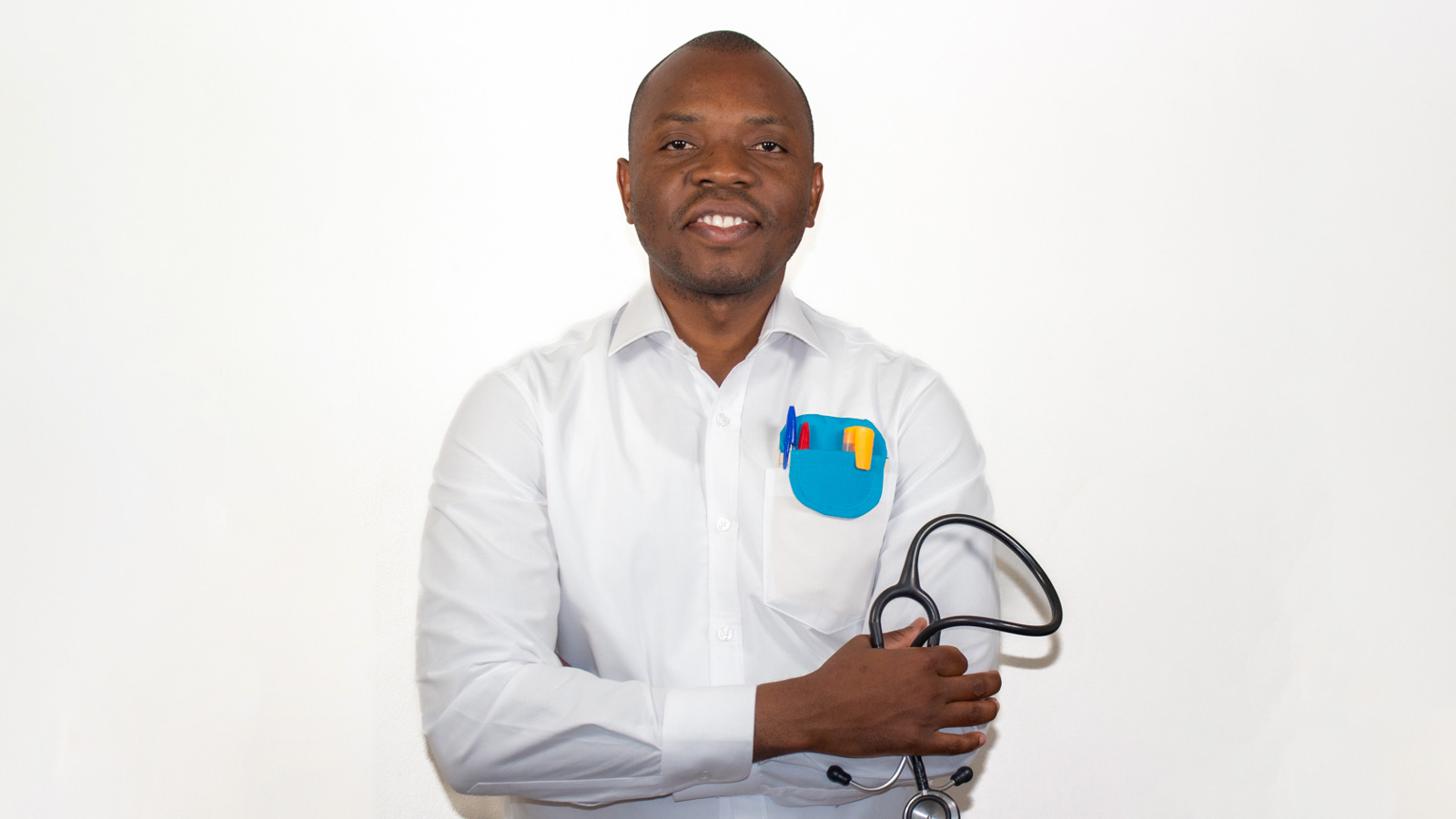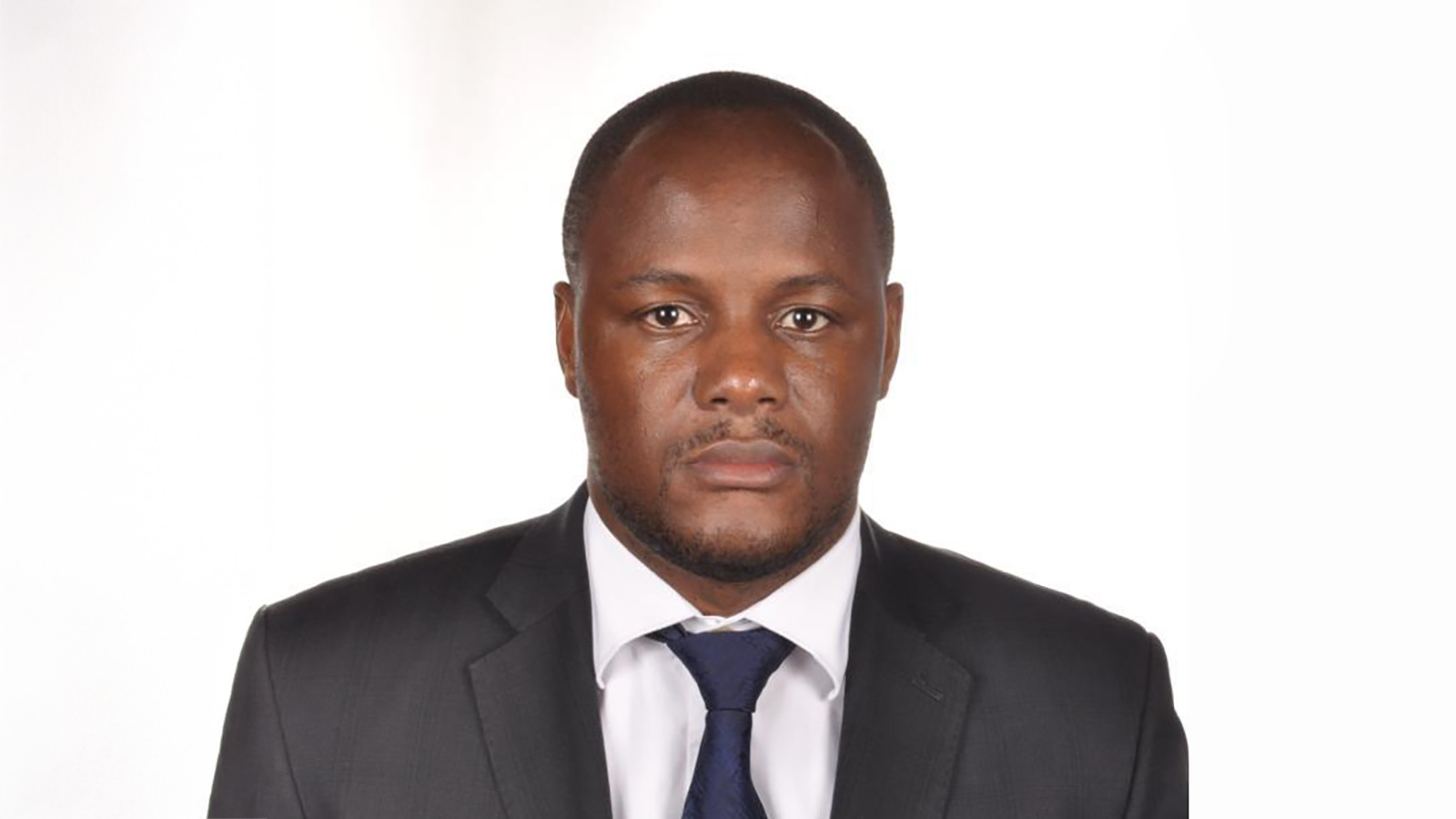Investment in training to strengthen the competences of PALOP researchers

The courses organised by the Foundations in areas deemed fundamental to the health sciences have involved over 300 PALOP researchers since their launch in 2020. In addition to the publication of articles, researchers refer to the new career opportunities and the setting up of networks as well as the submission of more competitive proposals to science financing tenders as a result of the short term courses they attended.
This training took place online in fields of health research including communicating science, metanalysis, science writing, statistics and submitting financing proposals.
Delfina Hlashwayo took the first ever course in 2020 while studying for her doctoral degree at the Eduardo Mondlane University (Mozambique), on “Systematic Reviews and Metanalysis”. At the time, her curriculum counted on four published articles. After this first training course, she was able to publish another two and has now already achieved a total of ten published articles. She is a great enthusiast of these training programs that deal with themes that were previously unknown to her. “From the course “The Principles of Scientific Writing”, I gained the ability to write articles with quality, and produce the graphs and figures that are so fundamental to this area. It was in the wake of this course that she was invited to be editor of Plos One and, in the following year, of Plos Global Public Health”. This was followed by courses on “Formulating Recommendations”, “Bibliometrics” – a hitherto completely unknown area but which resulted in another published article, “Manuscript Writing and Publication”, “Statistics”, “Scientific Research Procedures”, “Communications in Health Research”, “Project Management”, “Leadership”, “Applying for Funding” and, finally, “Experimental Data Analysis Applying Business Intelligence”
“I became an editor thanks to everything that I learned with the Foundation. I boosted my scientific productivity and successfully completed my doctoral degree”. It was also thanks to these courses that I was invited to carry out project evaluation for EDCTP. “In 2020, at the beginning of my doctoral degree, I was trying to find my place; today, I feel part of the Gulbenkian family, I grew with the Foundation, with the different people that I met on these courses and we have witnessed the growth in each other.”

Nelson Cuboia, Mozambican, is a doctor and researcher awarded his doctoral degree in Clinical Research and Health Services by the Faculty of Medicine of the University of Porto. Despite his clinical practice, research and teaching, Nelson had only limited access to advanced training and a lack of experience in scientific publication. He attended seven of the courses run by the Foundation over the last three years that he considers have efficiently complemented the knowledge he acquired during his doctoral degree. Furthermore, they strengthened his practical competences and provided the driver for his publications and project implementation, with a total of eight scientific articles already published, with peer review and for journals indexed in the Web of Science and Scopus database, “an achievement that I would never have reached before these courses”.
Thanks to the training carried out, Nelson Cuboia was invited to join the editorial team of the African Science Frontier Initiative Research Journal as editor of the Epidemiology and Public Health field and, more recently, “switched from being a participant to a facilitator on the Introduction to Clinical Evaluate Studies – Africa course organised by the Faculty of Medicine of the University of Porto with support from the FCG”.

The establishing of contact and collaborative networks is another of the benefits reported by participants. Danilo Cunha, a doctor, completing his Master’s Degree in Public Health at IHMT and with work experience on medical emergency projects for the World Bank in the Ministry of Health of Angola, he is undertaking the “Introduction to Clinical Evaluate Studies – Africa”. For the meantime, he considers one of the great gains is his learning of statistical analysis. “It is common for UNICEF or other partners that do statistical analysis and present numbers when we have outbreaks in Angola, especially of measles and polio. Now, I already have more knowledge about the tools and can make the analysis and calculate the data, which enables us to gain greater autonomy and not depend on our international partners. In the long term, this is very positive”. In this training course, Danilo was joined by another seven Angolan colleagues who work in the public and private sectors in Angola and perceive the training as a benefit for the country: “It’s Angola and Angolans who end up benefiting”

Introduction to clinical evaluation studies with the University of Porto
At the end of this year, 70 PALOP students and researchers are participating in the “Introduction to Clinical Evaluation Studies – Africa” course with its 162 hour duration, run by the Faculty of Medicine of the University of Porto according to the b-learning regime. This course aims to provide these students with basic knowledge on research methodologies, biostatístics, scientific writing and publication, deepening their research capacities and integration into research teams and, overall, contributing to the production of quality clinical research.
This is the final training program receiving support in 2024 following on from a clinical research course held by the Institute of Tropical Hygiene and Medicine and another eight short term courses: two on Applied Statistics for the Health Sciences, Writing and Publishing Scientific Articles, Systematic Reviews and Metanalysis, Data Analysis and Artificial Intelligence, Quality, Productivity and Impact, Submitting Research Projects for Financing and Communicating Health Research.
With these training programs, the Gulbenkian Program aims to contribute to strengthening PALOP research capacities in the health sciences.
